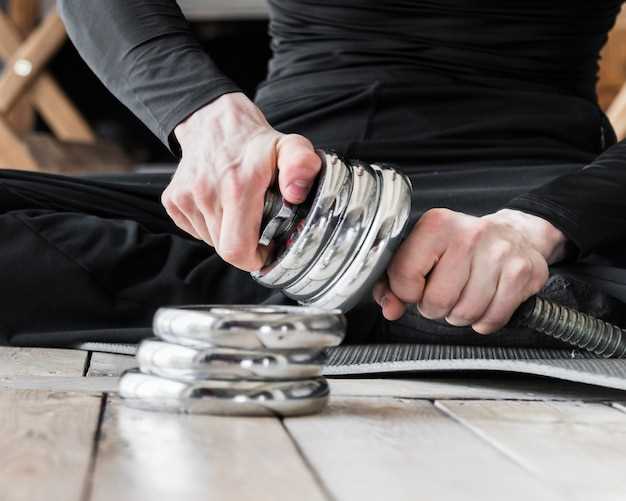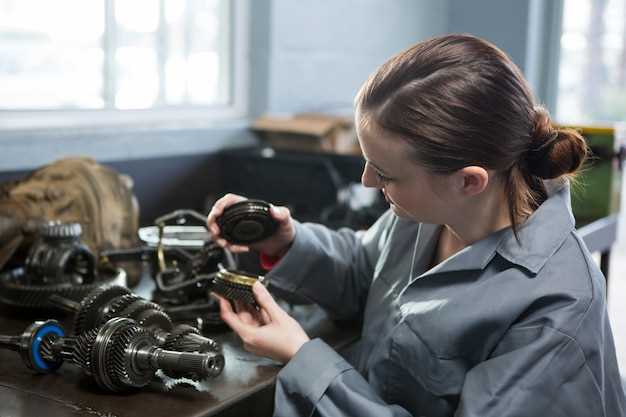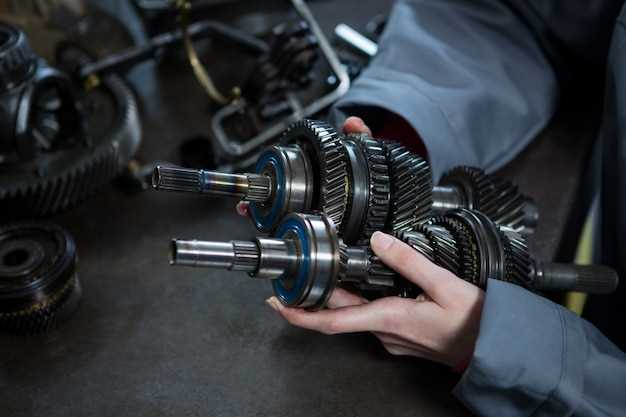
Owning a classic car is a passion that many enthusiasts share. However, to keep these vintage vehicles running smoothly, proper engine maintenance is essential. A classic engine requires a unique set of care techniques that differ significantly from modern counterparts. Understanding these nuances is crucial for preserving performance and longevity.
Routine inspections and regular upkeep are integral to maintaining a classic car’s engine performance. Basic components such as oil levels, coolant, and fuel systems need meticulous attention. An engine that runs flawlessly is not only a joy to drive but also reflects the owner’s dedication to maintaining its heritage.
Additionally, using the right tools and parts specifically designed for classic engines is vital. Regularly replacing aged components and staying informed about potential issues can prevent larger, more costly repairs down the line. Implementing these practices ensures that your classic vehicle remains an iconic representation of automotive excellence.
Regular Inspection of Engine Components

Regular inspection of engine components is essential for maintaining optimal performance in classic cars. Over time, parts can wear out, leading to decreased efficiency and potential malfunctions. Regularly checking vital components helps identify issues before they escalate, saving both time and money.
Focus on critical elements such as the ignition system, fuel lines, and belts. Inspecting spark plugs for wear or fouling can significantly improve starting and engine performance. Fuel lines should be checked for cracks or leaks, as these can affect fuel delivery and overall operation. Belts, particularly timing belts, require scrutiny for fraying or cracks to prevent catastrophic failures.
Additionally, regular oil changes and inspections of the oil filter can enhance engine longevity. Engine oil lubricates moving parts, reducing friction and preventing excessive wear. A thorough check should also include the cooling system, as overheating engines can result in severe damage. Ensure that hoses and connections are secure and free of leaks.
Lastly, keep an eye on electrical connections and sensors, as they play a critical role in engine management. Corroded or loose connections can cause performance issues or lead to engine misfires. By committing to routine inspections, classic car owners can ensure their vehicles remain in peak condition and enjoy the full benefits of their timeless engineering.
Choosing the Right Oil and Fluid Types
Selecting the appropriate oil and fluids is crucial for optimal engine performance and longevity. Each classic car model has specific requirements that must be met to ensure efficient operation. It is essential to consult the owner’s manual or manufacturer specifications to identify the recommended oil types and viscosities.
Engine Oil is the lifeblood of your vehicle. For classic engines, it’s advisable to use high-quality, non-synthetic oil, as these engines typically benefit from the viscosity and additives found in traditional oils. When choosing engine oil, consider the climate in which you operate the car. A lighter oil may be needed in colder regions, while a thicker oil can provide better protection in warmer conditions.
For high-mileage classic engines, high-mileage motor oils contain seal conditioners designed to reduce leaks and rejuvenate engine seals, making them a great choice if your car has experienced significant wear. Additionally, oil with a higher zinc content can provide improved protection for flat-tappet camshafts, which are common in older engines.
Transmission Fluid selection is just as vital. Classic cars often require specific types of transmission fluid, such as Dexron or Type F. Using the incorrect fluid can lead to slipping or shifting issues, affecting overall performance. It’s important to check and replace transmission fluid regularly to prevent overheating and ensure smooth gear transitions.
Coolant must also meet the specific needs of your classic engine. Traditional green coolant may be suitable for vintage vehicles, but be cautious with newer coolants that contain additives not suitable for older systems. Regularly inspecting and replacing coolant helps to prevent corrosion and ensures effective temperature regulation within the engine.
Finally, don’t overlook other important fluids such as brake fluid, power steering fluid, and differential oil. These fluids play crucial roles in car maintenance and should be inspected regularly to maintain optimal functioning. Keeping your engine and all associated systems well-lubricated with the right fluids will lead to better performance and a longer lifespan for your classic car.
Scheduled Tune-Ups and Timing Adjustments

Regular maintenance is crucial for preserving the performance of a classic engine in your vintage car. Scheduled tune-ups help ensure that all components of the engine are functioning optimally, which directly impacts power output and fuel efficiency. During these tune-ups, several key tasks should be performed, including spark plug replacement, air filter cleaning, and valve adjustments.
Timing adjustments are also a vital part of maintaining engine performance. Proper ignition timing ensures that the fuel-air mixture ignites at the right moment, which maximizes power and minimizes emissions. Over time, the timing may drift due to wear and tear or changes in engine components. Regularly checking and adjusting the timing can lead to smoother operation and improved throttle response.
It is advisable to follow the manufacturer’s specifications for timing settings. Utilize a timing light to accurately measure the timing during a scheduled tune-up. In addition, keep records of all adjustments made, as this data can provide insights into the engine’s performance history and help identify recurring issues.
Ultimately, adhering to a consistent schedule for tune-ups and making timely adjustments to the ignition system will help maintain the classic engine’s performance and longevity, allowing you to enjoy the driving experience that these iconic cars offer.




